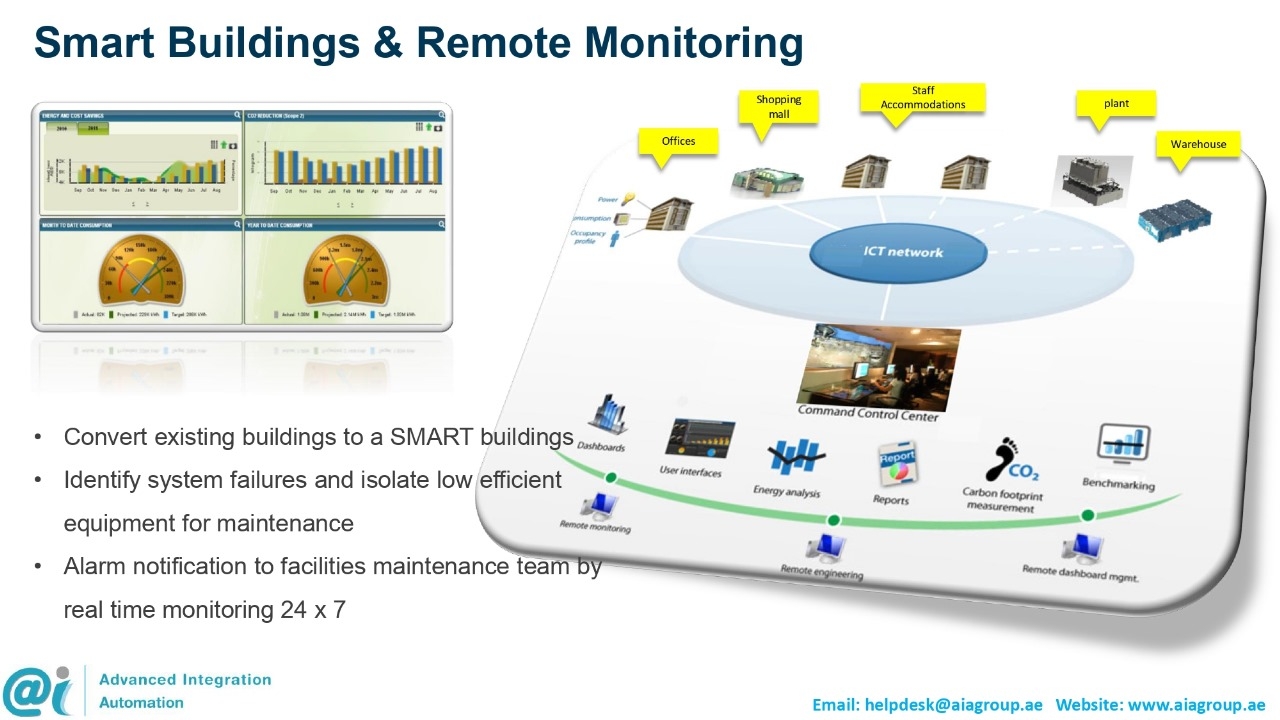Building a Sustainable Future: The Intersection of Renewable Energy and Smart Cities

As urban populations grow and climate change continues to pose significant challenges, the concept of smart cities is gaining traction worldwide. Smart cities use technology to improve the quality of life for residents, optimize resource usage, and promote sustainability. At the core of this movement lies the integration of renewable energy sources, which are essential for building a more sustainable future.
What Are Smart Cities?
Smart cities make better urban living possible by leveraging connected technologies. This covers everything, from waste management strategies to energy-efficient construction and advanced traffic control systems. The main goal is to leverage data and technology to improve the livability, resilience, and sustainability of urban places.
The Role of Renewable Energy
Renewable energy sources—such as solar, wind, and hydro—play a crucial role in the sustainability of smart cities. Unlike fossil fuels, renewables are abundant, environmentally friendly, and can be harnessed locally, reducing dependence on external energy sources.
Decentralized Energy Production: Decentralized energy systems that enable local communities to generate their energy are frequently implemented in smart cities. Rooftop solar panels, nearby wind turbines, and even community-based biomass energy systems can all be a part of this. Cities can improve energy security and lower transmission losses by producing energy locally.
Energy Storage Solutions: The intermittency of renewable energy sources like solar and wind makes energy storage crucial. Advanced energy management systems (EMS) enable smart cities to store excess energy during peak production times and distribute it during periods of high demand. A consistent energy supply can be guaranteed by technologies like batteries and pumped hydro storage.
Smart Grids: Smart systems increase efficiency and dependability while incorporating renewable energy into the urban energy mix. They monitor and control the flow of electricity by using sophisticated sensors, meters, and communication technology. Better demand response, less stress on the grid during peak hours, and optimal energy consumption are all made possible by this real-time data.
Enhancing Urban Mobility
Sustainable mobility is another critical component of smart cities. Greenhouse gas emissions can be greatly decreased by using electric vehicles (EVs) fueled by renewable energy sources. EVs can be charged during off-peak hours when renewable energy is abundant by integrating smart charging stations into the energy management system.
Additionally, smart public transportation systems can use real-time data to optimize routes and schedules, encouraging more people to use public transit instead of personal vehicles. This shift not only reduces emissions but also alleviates traffic congestion.
Data-Driven Decision Making
Data analytics is one of the most successful tools for creating sustainable smart cities. Cities can decide on resource distribution, energy use, and urban design by gathering and evaluating data from multiple sources. For example, energy consumption patterns can reveal opportunities for efficiency improvements, while environmental sensors can help monitor air quality and identify pollution hotspots.
Community Engagement
For smart cities to prosper, involvement in the community is crucial. Participation of locals in the design and execution of renewable energy initiatives is crucial. Community involvement can be stimulated by initiatives that support the adoption of renewable energy sources and energy efficiency, such as solar panel installation incentive programs.
Additionally, educational programs can increase public knowledge of the advantages of sustainability and renewable energy, encouraging residents to practice environmental responsibility and conservation.
Challenges Ahead
While the intersection of renewable energy and smart cities offers immense potential, several challenges remain. Infrastructure costs, regulatory barriers, and technological limitations can impede progress. Additionally, ensuring equitable access to smart technologies is crucial to avoid exacerbating social inequalities.
Conclusion
One effective tactic for creating a sustainable future for smart city initiatives is incorporating renewable energy sources. Cities may lower their carbon footprints and improve the quality of life for their citizens by utilizing technology, streamlining energy management, and fostering community involvement.
Dubai is making significant strides in energy management solutions as part of its commitment to sustainability and innovation. AIA is one of the leading automation companies in Dubai that offer energy management so
lutions in Dubai focusing on digital innovation and sustainability. They Integrate IoT, big data, and smart technologies to optimize energy consumption across various sectors, including transportation and utilities.
- Industry
- Art
- Causes
- Crafts
- Dance
- Drinks
- Film
- Fitness
- Food
- Jogos
- Gardening
- Health
- Início
- Literature
- Music
- Networking
- Outro
- Party
- Religion
- Shopping
- Sports
- Theater
- Wellness
- News


